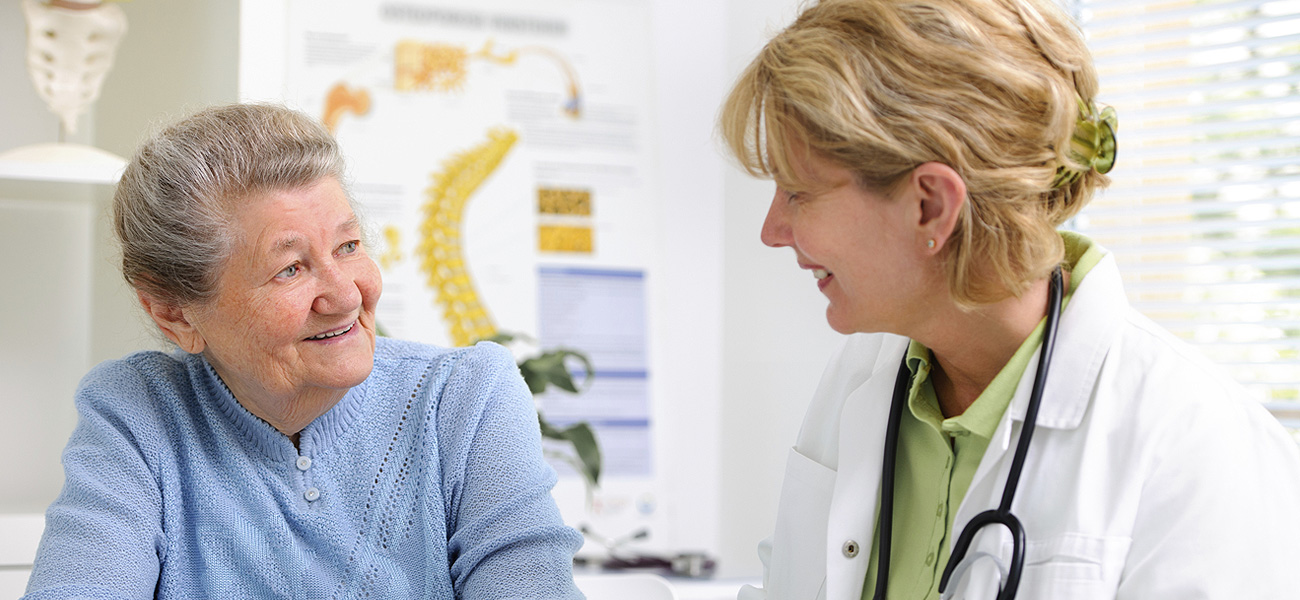Cancer patients, especially those undergoing chemotherapy, are more likely to get infections because of their weakened immune systems. Cancer and certain cancer therapies can damage the immune system by reducing the number of infection-fighting white blood cells. Patients with a low white blood cell count are at a higher risk of developing infections, and these infections can be more serious and harder to treat. In severe cases, infections can lead to death.
Cancer treatment can destroy cancer cells as well as healthy, infection-fighting white cells. If your white cell counts decreases moderately, you won't need special precautions, especially if the cells return toward normal within a short period. However, if you have a severe or prolonged low white cell count, especially after intensive drug therapy, you may be at greater risk for infection.
To prevent or manage infection, your healthcare team may
- Prescibe antibiotics to prevent or treat infection.
- Prescibe growth factors to improve white cell counts
- Growth factors used to help your body produce more white blood cells include filgrastim (Neupogen®), pegfilgrastim (Neulasta®) and sargramostim (Leukine®). These can cuase serious side effects in some patients. Discuss the risk and benefits with your doctor.
- Stop or delay treatment to allow blood cell counts to rise
Signs and Symptoms to Watch For
If you exerience any signs of infection, don't delay in seeking medical attention. If you have even one of the following symptoms, contact your doctor immediately:
- A temperature of 100.4° F or higher
- Chills
- Persistent coughing
- Redness, swelling or tenderness, especially around a wound or IV site
- A sore throat
- Pain when urinating
- Frequent diarrhea or loose bowel movements
- Bleeding gums or white patches in the mouth
12 Ways to Reduce Infection Risk
- Make sure your healthcare team takes steps to avoid exposing you to bacteria, viruses and other infection-causing agents: They should practice frequent and vigorous hand washing or, in some cases, wearing masks, gowns and/or gloves.
- Discuss how to avoid infection with members of your healthcare team if you're receiving outpatient treatment. Caregivers need to be meticulous in cleaning catheters to reduce the risk of bacteria entering the body.
- Wash your hands thoroughly, especially before eating and before and after using the bathroom. This applies to everyone — people in treatment and those around them.
- Avoid crowds and individuals with contagious diseases such as colds, flu, measles or chicken pox.
- Check with your doctor about getting vaccinations. Find out whether you should avoid people who've recently been immunized with live, weakened forms of organisms or viruses that cause the disease, such as measles, and how long you should stay away.
- Clean your rectal area gently but thoroughly after each bowel movement. Ask your doctor for advice if irritation or hemorrhoids are a problem. Check with your healthcare team before using enemas or suppositories.
- Don't cut or tear your fingernails' or toenails' cuticles.
- Avoid cuts or nicks when using scissors, needles or knives.
- Use an electric shaver instead of a razor to prevent cuts
- Uuse an extra soft toothbrush that won't hurt the gums.
- Don't squeeze, pick, or scratch at wounds or blimishes.
- Clean cuts and scrapes immediately. Rinse the wound under running water. Wash the skin around the wound with soap. To avoid irritation, don't use soap on the wound.
- Take a warm (not hot) bath, shower or sponge bath every day. Don't rub skin to dry it; use a light touch to pat skin dry. Use lotion or oil to soften and heal skin if it becomes dry and cracked.
- Wear protective gloves when gardening or cleaning up after animals, young children or others.
- Follow food safety guidelines.
For Kids: The Hand-Washing Experiment
If your child has cancer, he or she should be taught how to prevent infections, especially by keeping the hands clean.
Let your child know that washing his or her hands the right way can prevent infections from spreading. Visit The Centers for Disease Control and Prevention website, where your child can read about how to wash their hands the right way.
Teach your child to wash his or her hands:
- Before and after making or eating meals or snacks
- Before and after changing diapers
- After coughing, sneezing or blowing your nose
- Before and after using the bathroom
Related Links
- Download or order The Leukemia & Lymphoma Society's free factsheets:
